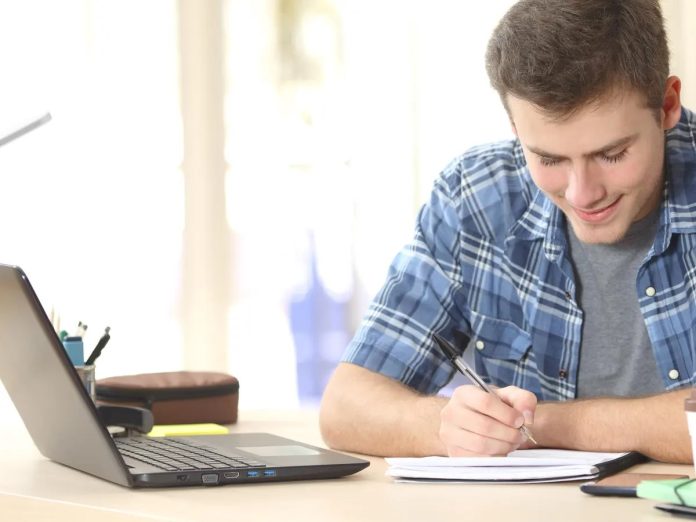Exam preparation should start well in advance of the day of the test. It is unwise to stay up all night studying prior to a test and it can be difficult to absorb information when you are tired.
Customize your study techniques to suit your learning style. Using visual aids like charts and diagrams helps some learners and practicing past exam papers can familiarize you with the format and type of questions.
1. Take practice tests
There are plenty of study tools out there that can seem more appealing than taking a practice test prep, but if you skip this important step, you’ll walk into the exam room without a full picture of what to expect.
In addition to being great for familiarizing yourself with the questions, practice tests are also good for practicing your time management skills. Most standardized exams (such as the SAT and GRE) provide official practice tests that closely resemble their real counterparts, with regular block times and breaks.
There are also a number of free practice tests available online and in test prep books. If you have access to a full-length practice exam, take it closer to the actual exam date, as this will help you build the stamina needed to last the duration of your test.
2. Plan ahead
The most important thing to remember when preparing for exams is that you should plan ahead. While some students seem to thrive on last-minute cramming, it is generally agreed that this is not the most effective way to study.
Make a schedule to see how many exams you have coming up and the days they are on. Then work backwards from there, making sure to allocate enough time for each subject.
It is also important to consider what type of exam you are taking, as this will have an impact on your study approach. For example, multiple choice exams require a focus on definitions and concepts, while essay exams will likely require a more in-depth understanding of the material. It is worth asking your professor what type of exam you will be taking to help you make the best preparations.
3. Make notes
Taking notes is one of the most effective study strategies there is. In fact, students who take good notes get better grades than those who don’t.
Try to use your notes in a variety of ways. Using color coding, underlining, highlighting and adding notes in the margins is all helpful for clarifying confusing or illegible information. Re-reading your notes can also help to reinforce the information, and it can also be helpful to turn your notes into a table of questions and answers to do some retrieval practice.
Taking notes also means that you can compare them with your classmates’ notes after class and learn from their insights. Explaining the material to someone else is another useful learning technique, and it can be particularly beneficial when you are studying a subject where opinions are important.
4. Keep a study diary
Exam time can be stressful, and it’s important to keep track of what you’re studying. Creating a study diary can help you stay organized and ensure that you’re covering all of the necessary topics.
Visual aids are also a great way to help you recall information for exams. Try writing down everything you already know about a topic at the start, then highlight the areas where there are gaps. Closer to the exam, you can condense your revision notes into one-page diagrams – this helps with test-taking by providing you with a quick reference to what you need to remember.
Your parents and siblings don’t have to be annoying around exam time – they can actually be quite useful! Ask them to explain answers to questions that you’re struggling with so that you can clarify your understanding.
5. Stay organized
It’s important to stay organized when studying for exams. This will help you know what to study and when, which will reduce stress and make it easier to understand the subject matter.
Try to set aside a regular time to study and stick with it. This will ensure that you don’t procrastinate and end up with a big load of work to do on the day before the exam.
It’s also a good idea to plan out the journey to your exam and make sure you have enough time. This will prevent you from having to run to get there on time or panicking when you realize you’ve forgotten something essential. Also, be sure to eat well and drink plenty of water. This will keep you alert and give you a steady supply of energy for the duration of your exam.






